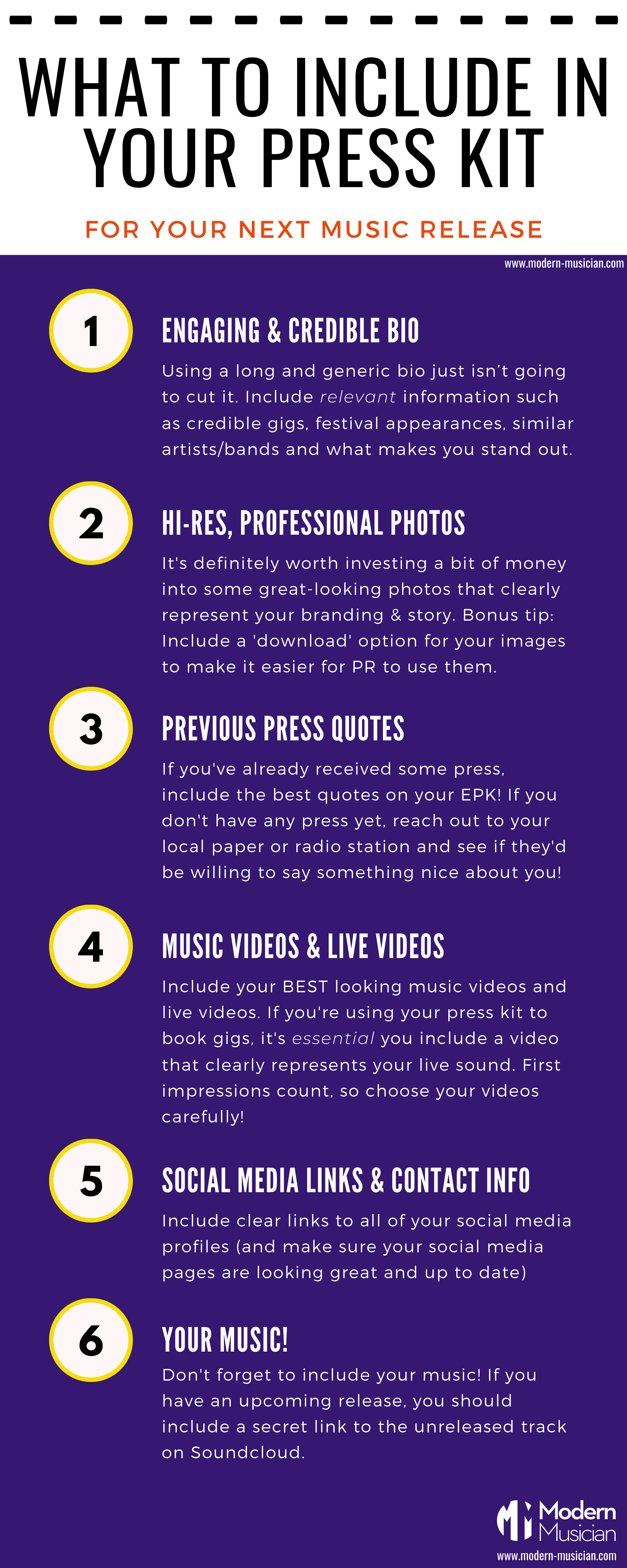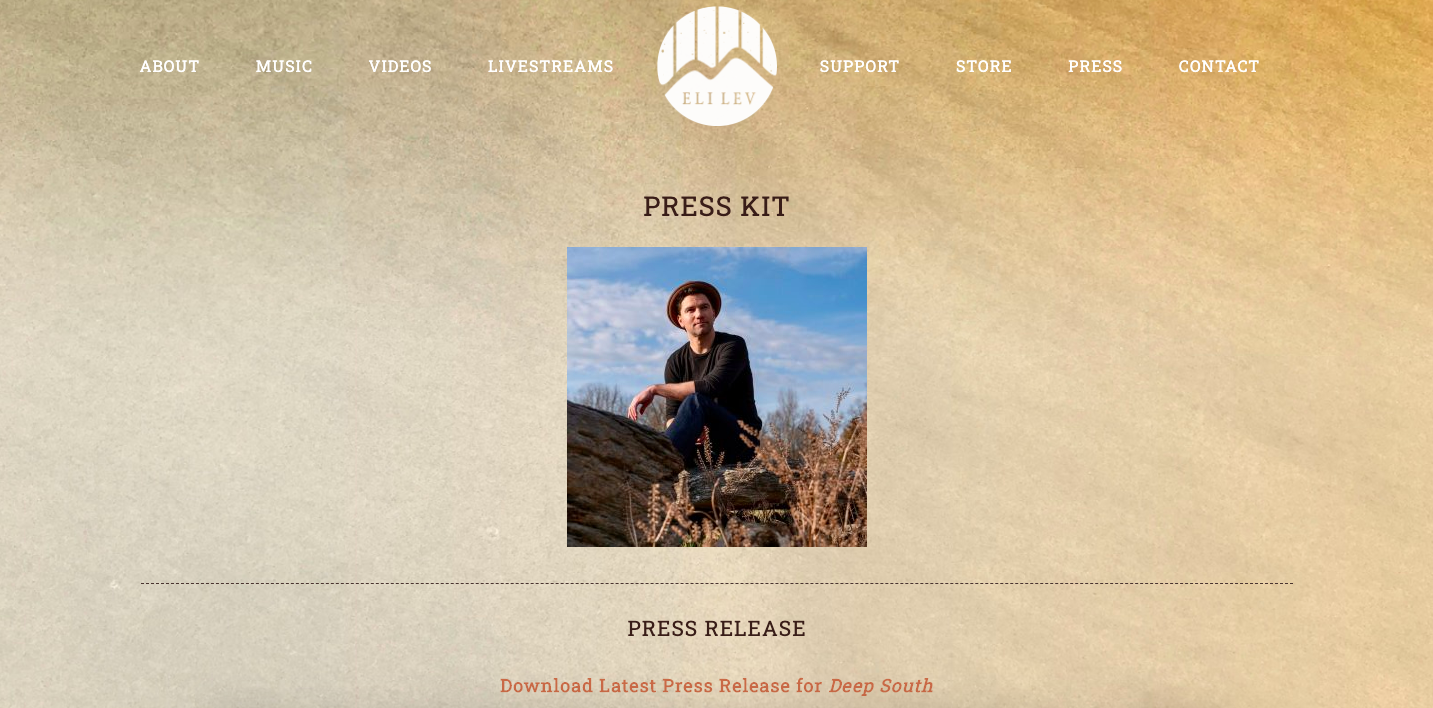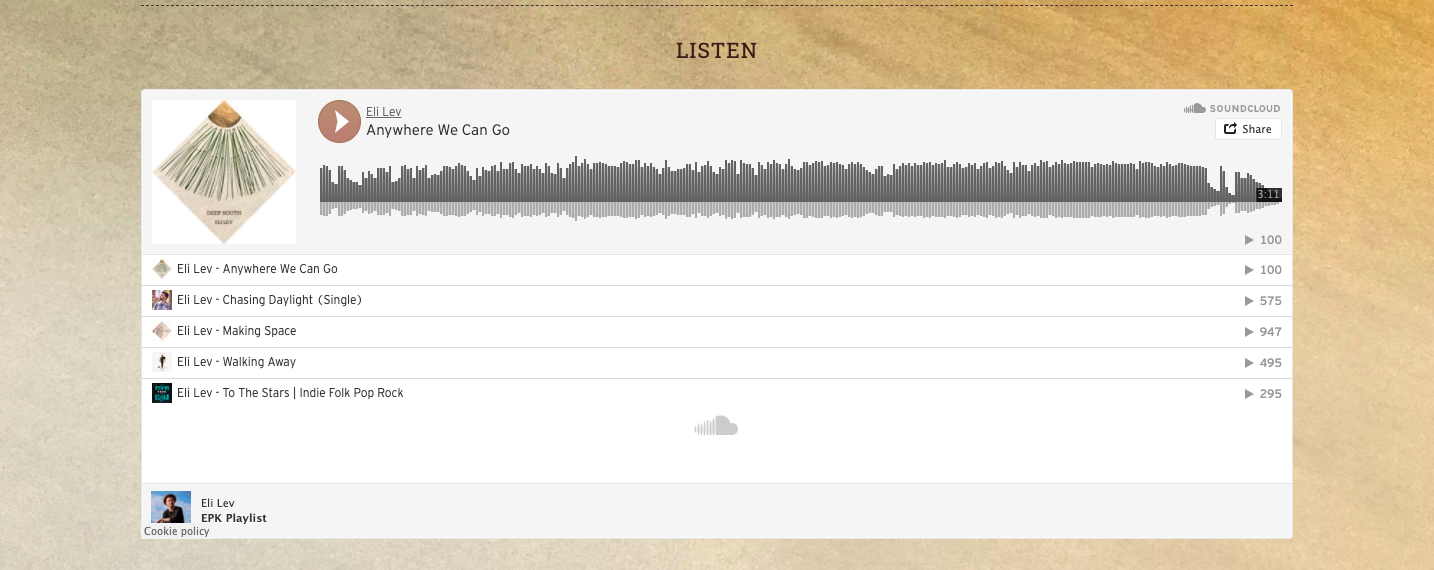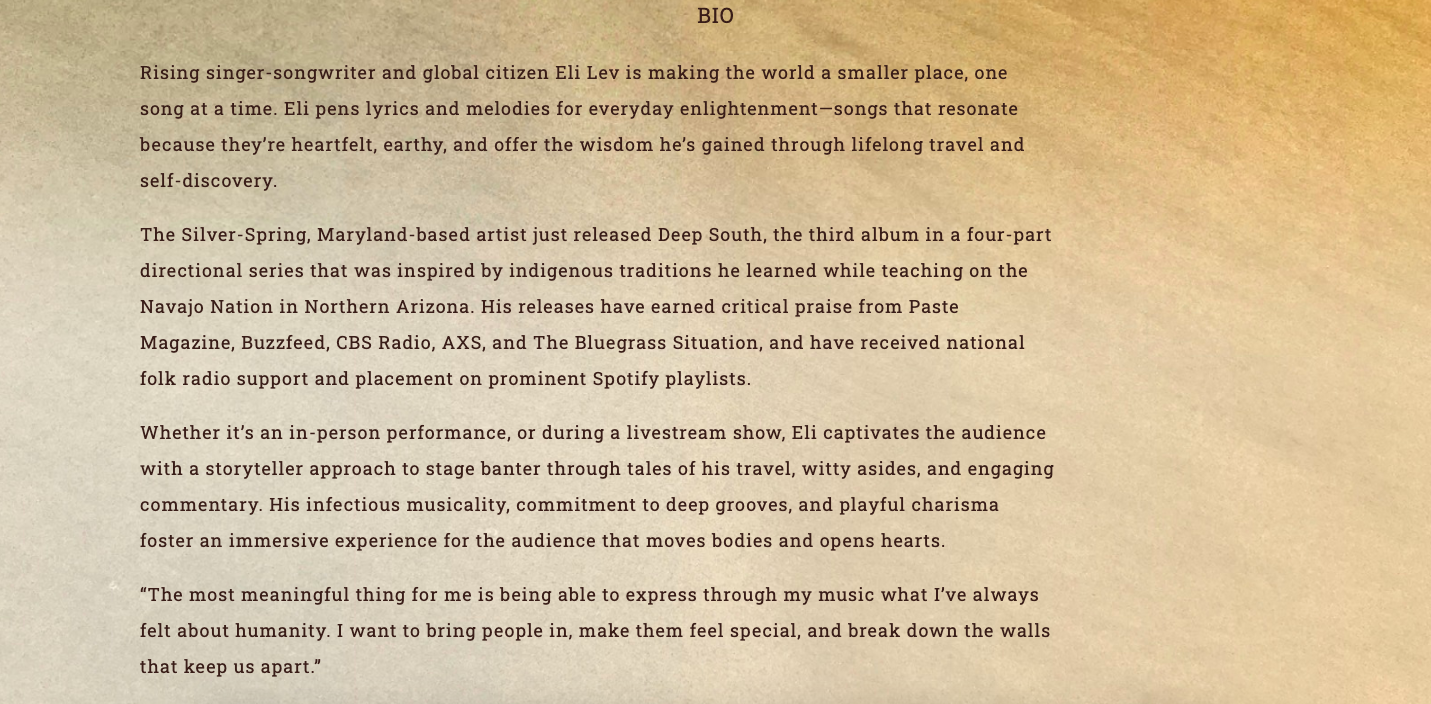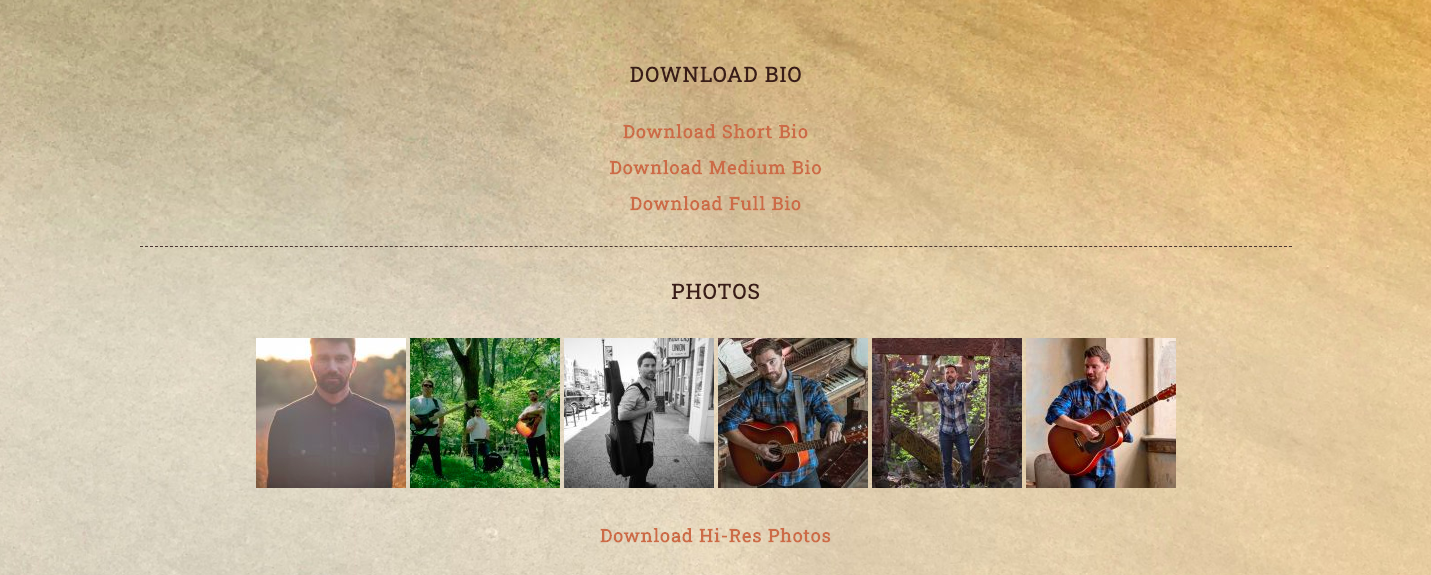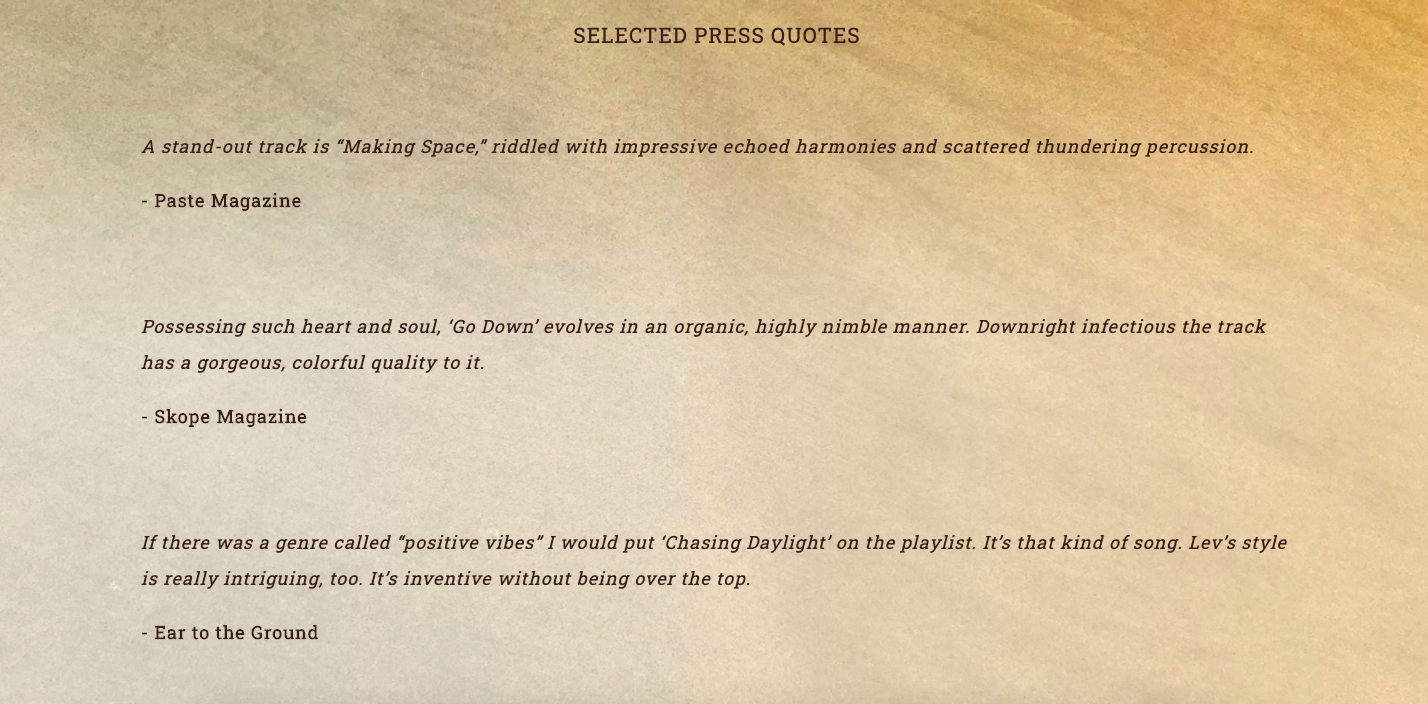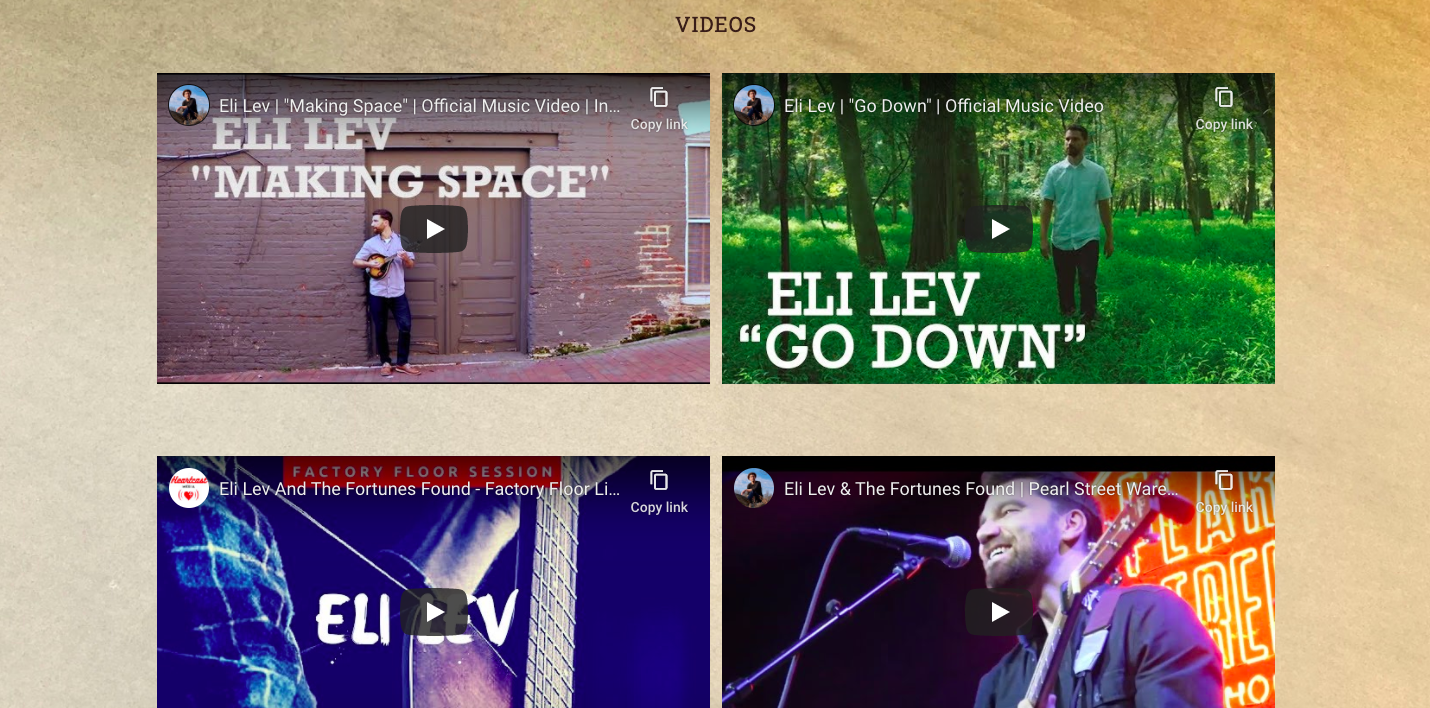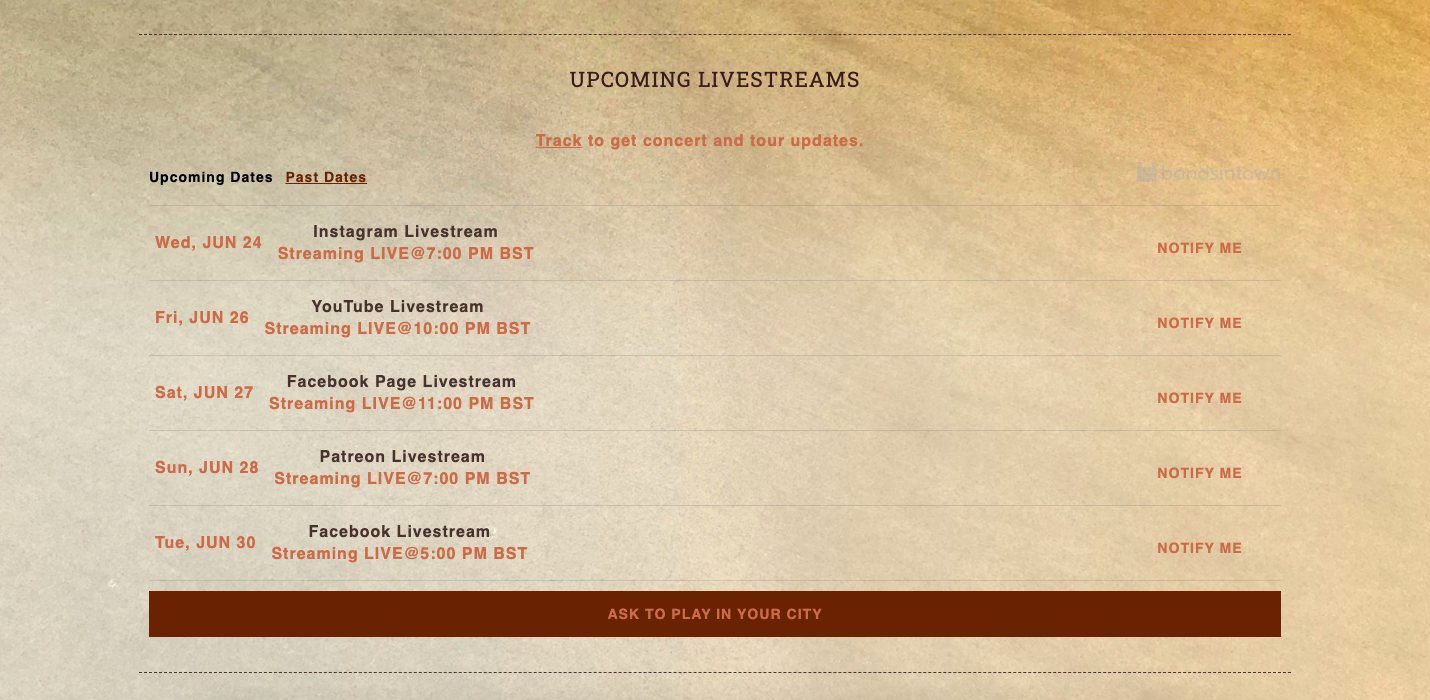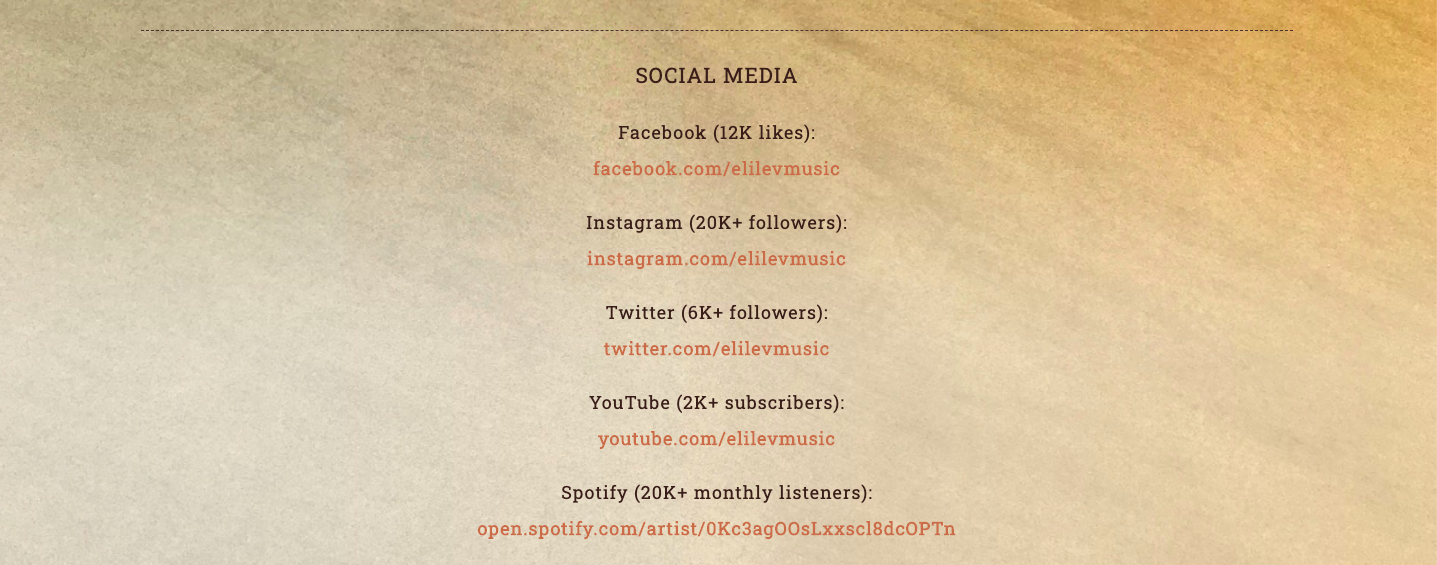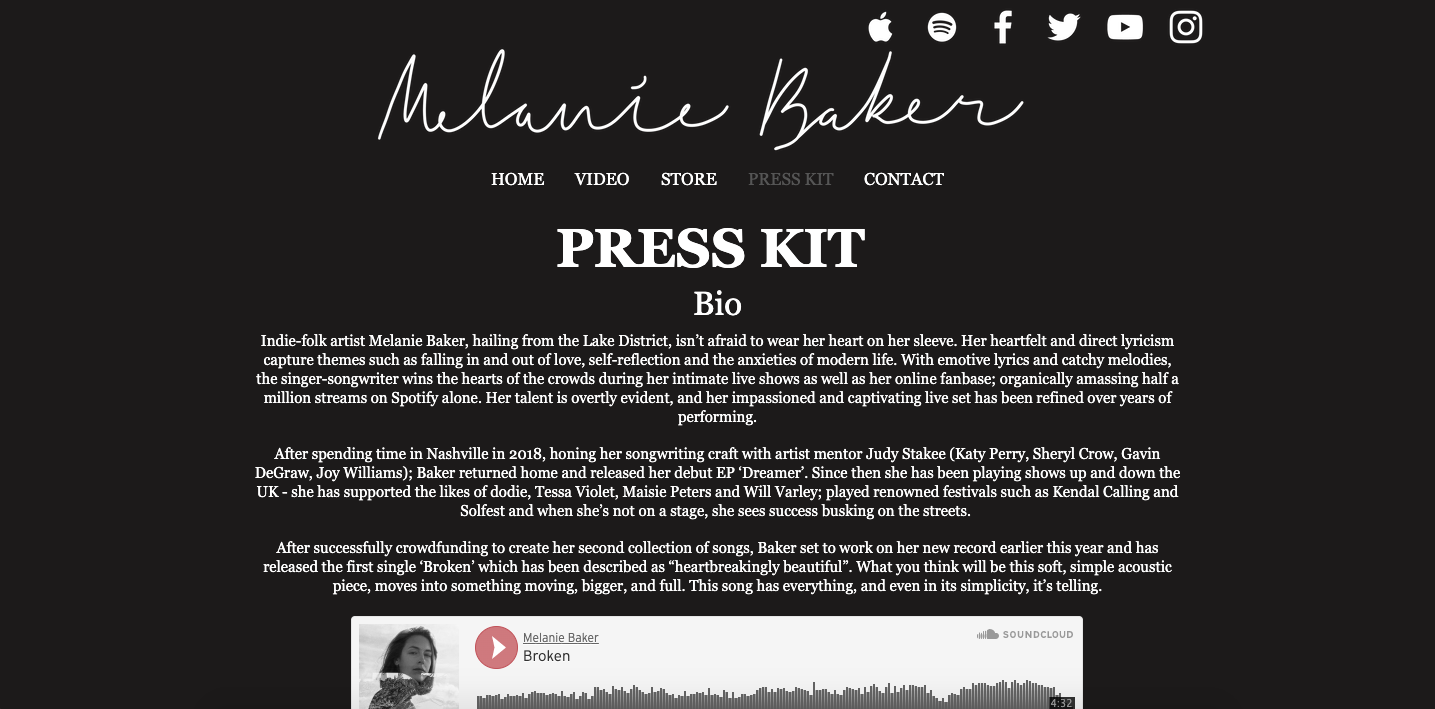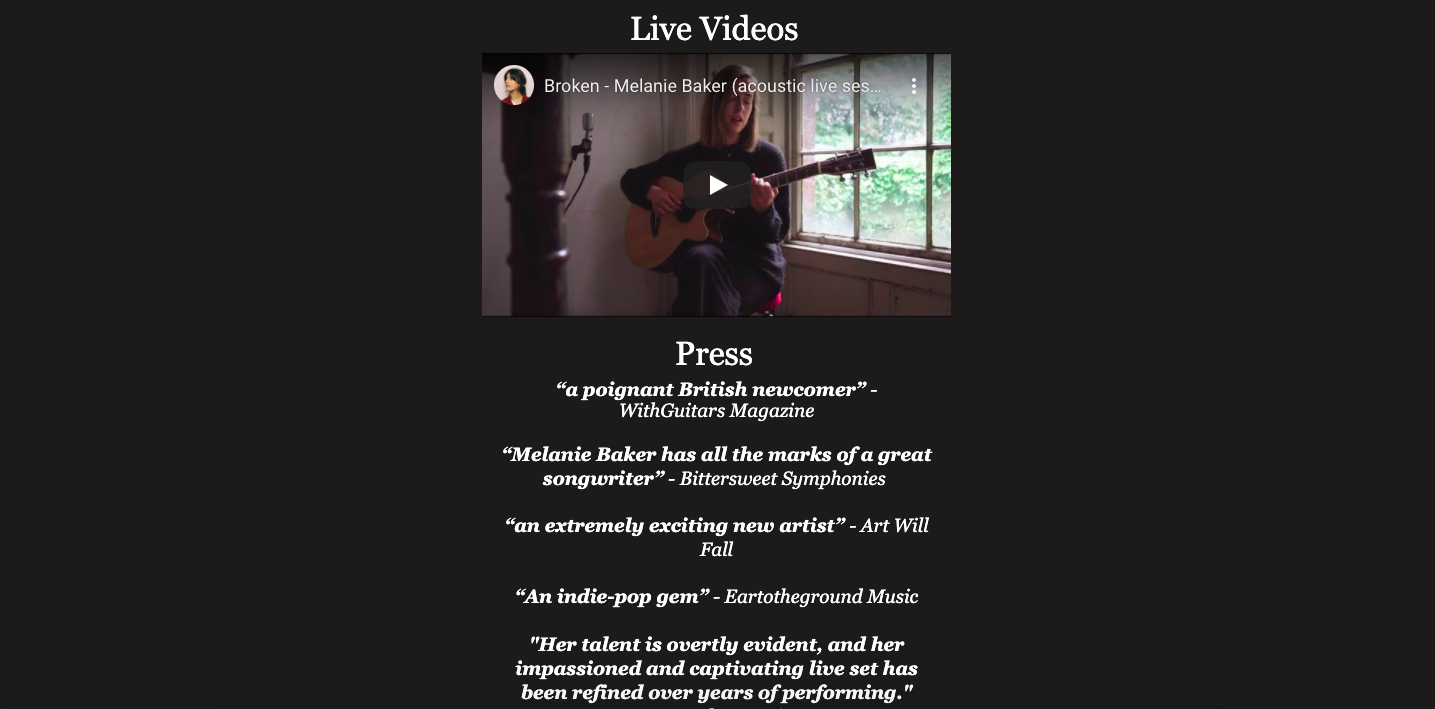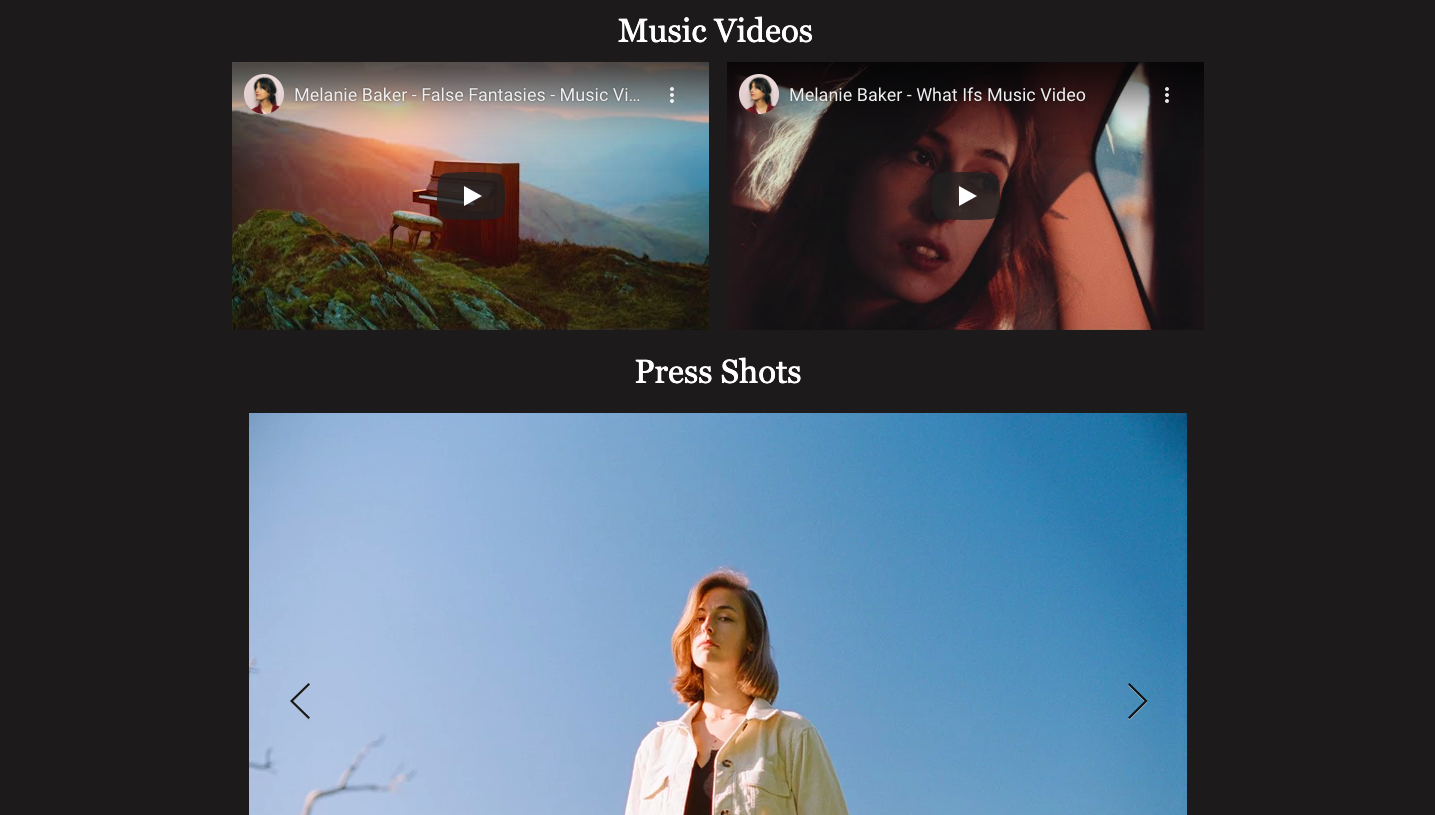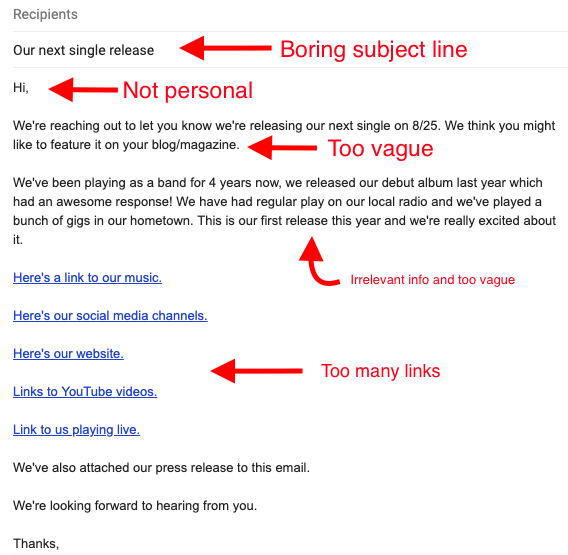In this day and age, it’s not necessary to hire someone to get you PR. You can save yourself thousands of dollars by learning how to tell your story and pitch yourself in a way that’s actually compelling.
In this guide we’re going to break down:
How you can save yourself thousands of dollars by learning how to tell your story and pitch yourself in a compelling way
How to create an ENGAGING Press Kit
How to find the RIGHT Magazines & Blogs who will actually be interested in your music
How to pitch your music and receive responses
You Don’t Need To Hire A Publicist
To hire a great publicist costs a lot of money. It's important to understand that you DON'T have to hire someone in this day and age to hire someone to get you PR on smaller blogs, especially when you’re just starting out.
The average price for PR varies from around $800-$1000+ per month (which for a lot of musicians would take up most of their budget for a music release.)
The good news is, you can save yourself thousands of dollars by doing it yourself.
Many independent artists have been sold a fake “bill of goods” from PR firms; they promise them coverage at big name places (which doesn’t usually happen unless the artist already has a large following…and in that case, the artist could probably secure that pitch themselves anyway...)
Instead, you need to learn how to tell your story and pitch yourself in a way that's exciting and interesting. We show you how in this step-by-step guide.
STEP 1: Create an Engaging Press Kit
Most artists compile big checklists of publications, copy and paste their bio & add links to their music, then blast the info out to hundreds of places - this is NOT a good plan. This approach is very antiquated and unfocused. Does that sound like you? Here’s what to do instead:
You need warmer leads, so it’s better to start smaller rather than trying to reach out to large outlets like Billboard, Rolling Stone or NPR because you probably won’t get very far without someone who has a solid contact base.
Understand that PR is relationship building, and it takes work. Ideally, these relationships that you’re creating will last, open doors in the future, and provide great support throughout your career.
Approach with care. No matter who you’re pitching to, including when you use a system like SubmitHub, using a long and generic bio just isn’t going to cut it.
You need to have the whole package ( media kit / press kit / EPK ) and it needs to look really good. This means attractive photos, cover art, an engaging and credible bio.
Tip: Host your Electronic Press Kit on your website so you can send one direct link in your email pitches.
To learn how to promote your music on social media check out these other articles:
5 Proven Steps To Promote Your Music On Instagram
How To Make Your Music Go Viral On TikTok
GREAT PRESS KIT EXAMPLES:
EXAMPLE #1: Eli Lev
Example #2: Melanie Baker
STEP 2: Do your Research. (Hint: It should take up 50% of the process)
Here’s where most musicians go wrong - they spend the majority of their time sending out blanket email blasts to hundreds of blogs without doing any research beforehand. Does that music blog even write about music in your genre? Did you just spend 10 minutes finding their contact email address?
The secret is to spend at least 50% of your time PLANNING and RESEARCHING the blogs and media outlets you’re going to send your pitch to.
Once you have all the information you need gathered up THEN you can start doing your email outreach. (We cover the best practises for email outreach later on in this guide.)
Bonus tip: Use Facebook groups as a way of connecting with likeminded artists as well as indie blogs and magazines who might want to write about your music.
Join our Modern Musician Community Facebook Group to connect with potential blog & magazine writers.
Create a spreadsheet - be methodical. Don’t just email blast!
Gather a targeted list of 20-30 outlets & research details on these places.
Make sure the blog & magazine you’re pitching to write about YOUR genre. Check out their previous work - make sure they’re going to actually like your music. Then you can ensure you’re not wasting their time or yours.
Find a contact email and if you can go the extra mile and find the contact NAME. Make it personal (more on this later.)
You can send a follow up email if they don’t respond to the first email.
Here’s our spreadsheet example:
Want a free download of this spreadsheet?
Download it here:
STEP 3: Make your Pitch and Make it Personal!
Start with a template and then individualize each one. Include WHY you’re reaching out to them. Say something about their previous publications to show your interest in what they do, find a connection & pitch to that.
Learn what a pitch is and how to write a good pitch: how to be appealing in 4-5 short sentences that really capture who you are and explain what your music is like.
BAD Email Outreach Example:
GOOD Email Outreach Example:
Here’s a template you can use to get you started:
Hi {CONTACT NAME},
We loved your recent piece on {Similar band name}, they have a pretty similar vibe to us so we think you might like our next single {Track Name} - it's a {Genre / Sound"} focusing on {What’s it about?}
Here is the link to our press kit, which has our music, bio, photos and videos: {EPK Link}
Is this something you'd be interested in writing about on {Blog/Magazine name}?
Happy to send over a press release & additional details if you like the song!
All the best,
{“Your Name"}
STEP 4: What’s Your Story?
Avoid using generic descriptors like "melodic", "unique", or other vague terms that "explain" the music. - Find the nugget that describes the emotion. How is the listener going to feel when they hear your music? Will it make them want to dance? Will they want to go for a run because it’s high impact? Will it make them cry because it’s moving or sad?
Give context: provide examples of similar artists. Avoid using huge household names like Elton John, Bob Dylan, The Beatles, Led Zeppelin, Springsteen; instead use more refined & niche references. Describe what kind of sound the listener will hear.
Finally, if your story directly relates to or inspires the music, you should include that in your pitch. Remember: Be personal and be passionate. Doing your own DIY PR is hard work but it absolutely pays off.



